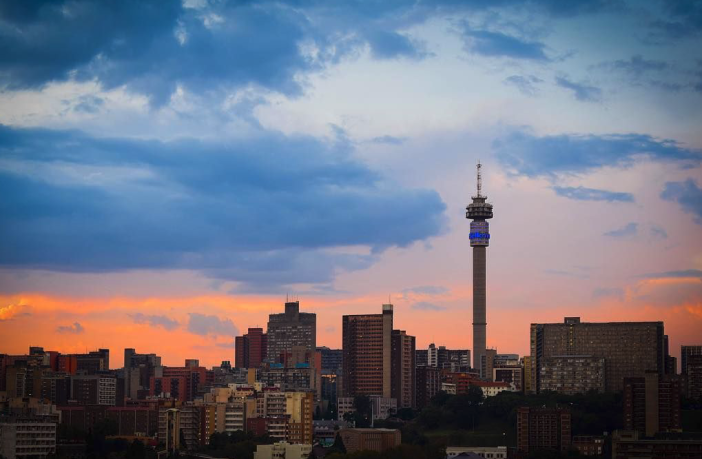- Electricity consumption in the City of Johannesburg has reached critical levels, forcing the city’s energy entity, City Power, to embark on stringent measures to protect the grid from total collapse.
- The energy utility has recorded an enormous increase in the average evening peak load in some areas increasing by 65%.
- The load reduction programme includes intensifying the implementation of ripple relay systems to cut electricity to geysers in homes where the systems are under threat, reducing load at substations with higher consumption and those under threat, and intensifying cut-off operations against illegal connections.
While other measures such as ripple relay and cut-offs of illegal connections are currently underway to relieve the severe strain on our electricity network due to a massive increase in energy demand, City Power will implement load reduction starting Monday, 10 June 2024. Load reduction will be implemented during peak times from 6 to 10 am and 4 to 10 pm in high-density areas and suburbs with concerning usage levels that threaten to overload the electricity equipment. Load Limiting, through smart meters, will also be implemented in July to further assist customers in saving energy without switching them off completely.
The decision to initiate load reduction follows extensive efforts to encourage customers to use electricity wisely and efficiently in recent weeks. Despite warnings about the constrained electricity network in the city, residents have not reduced their electricity consumption, and energy demand has continued to rise.
Part of our measures to lighten the load on the grid through load reduction includes the installation of ripple relays. A ripple receiver is part of a load management system used to control the electricity supply to the geyser during peak hours. Geysers are among the biggest electricity guzzlers, accounting for up to 50% of monthly household energy costs. These ripple relay receivers at different households are connected to at least 69 of our substations, and we can monitor customers’ consumption load remotely. City Power will remotely switch off the customer geyser once they reach high consumption levels.
To download the list of Ripple Relay substations, click here
Parallel to that, City Power continues to intensify the removal of illegal connections and revenue collection operations across the City of Johannesburg this winter season. This seeks not only to alleviate pressure on the system but to recover the billions owed to it and send a strong message to non-paying customers to pay for the services they use daily or have their power supply cut off. From our observations, those who are illegally connected or tampered with meters, are amongst the highest consumers of electricity, because they do not experience the financial consequences of keeping high and irresponsible usage.
Additionally, City Power has recorded an enormous increase in the average evening peak load in some areas, which went up by 65%. Usage is up from 25MW during the summer months to 33MW between April and May 2024. In some instances, the load reaches 42MW, constituting a 110% increase in consumption levels in comparison with the warmer season. During January and March this year, the average off-peak consumption at some of our substations has been sitting at 20MW. Between April and May, consumption shot up by 50%, increasing the off-peak load to 30MW. With temperatures expected to drop even more between June and July, the consumption levels could have dire consequences on our network infrastructure if load reduction is not urgently implemented.
To download the load reduction schedule and areas, click here
Residents are also reminded that although loadshedding is currently suspended until further notice, should it be reinstated, load reduction will continue parallel to loadshedding.
Author: Bryan Groenendaal















